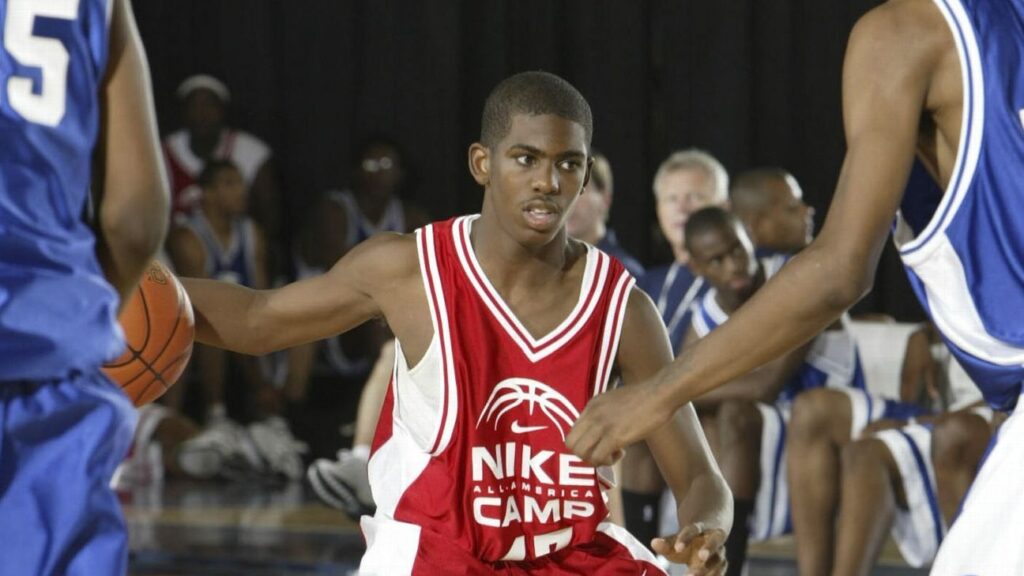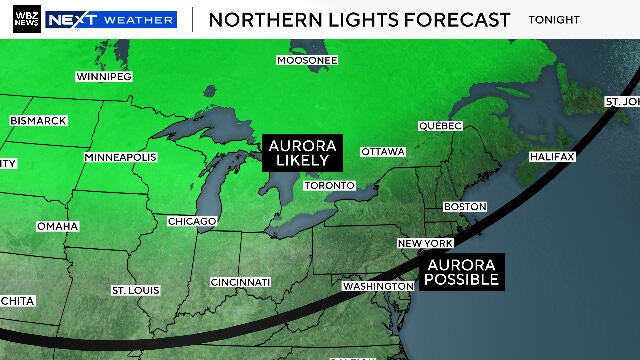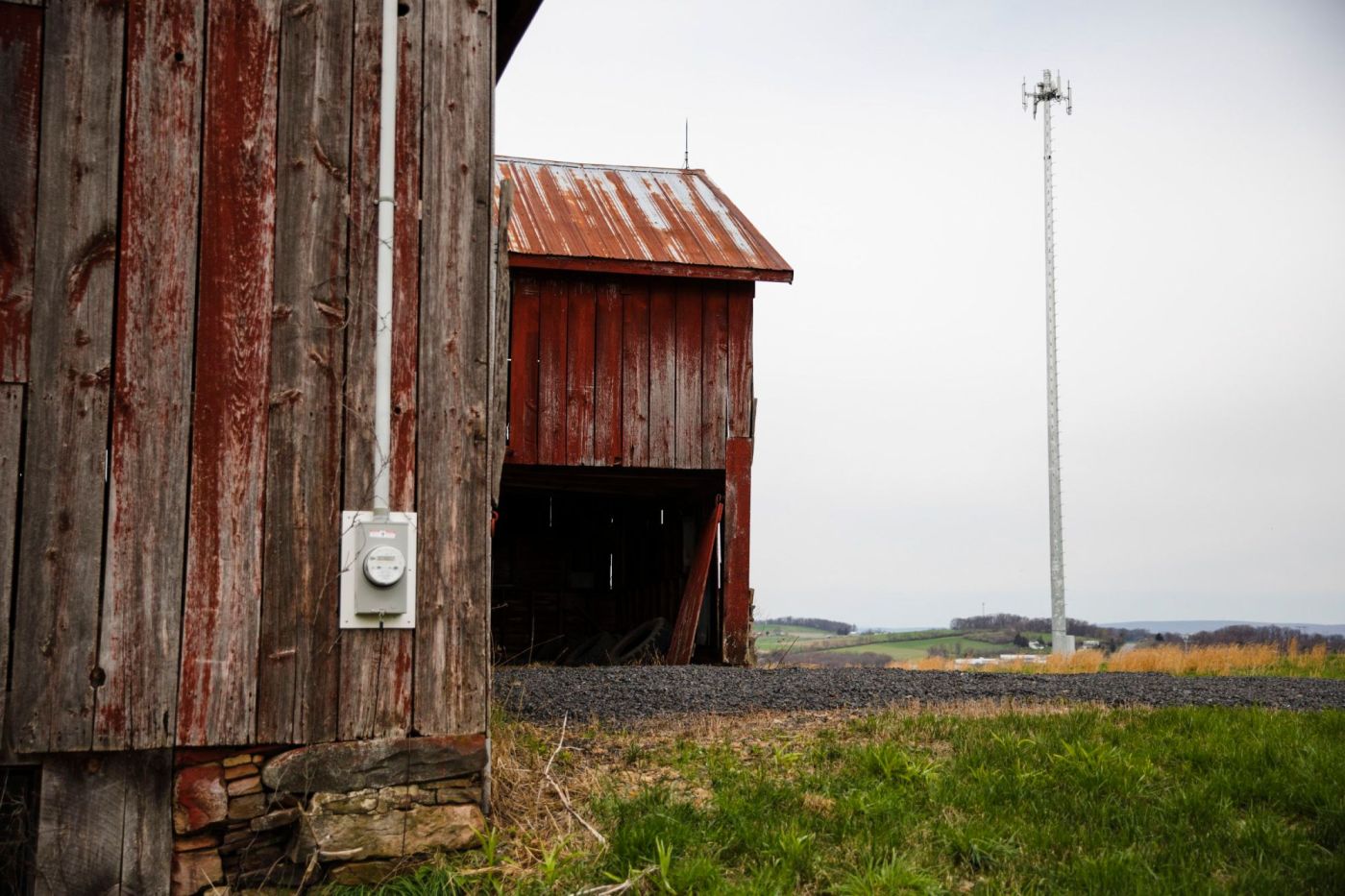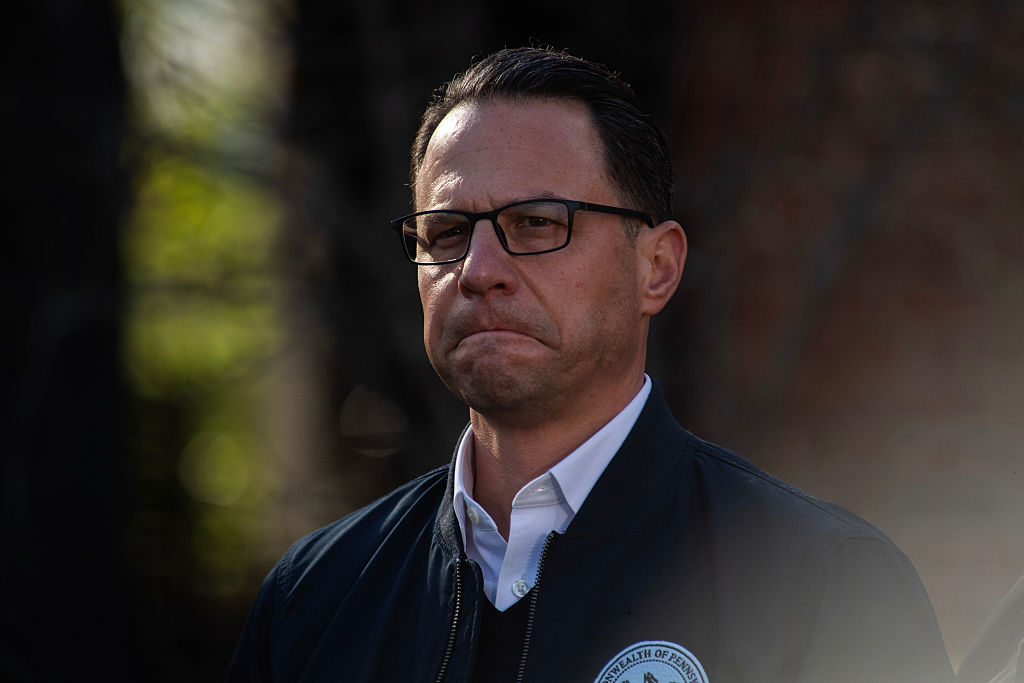
BREAKING: A North Carolina judge has just overturned the convictions of four men in the shocking **2002 murder** of Nathaniel Jones, grandfather of NBA star **Chris Paul**. This urgent update raises significant questions about justice and the future of the convicted men, with state attorneys now weighing an appeal.
Superior Court Judge **Robert Broadie** vacated the convictions late last week after a January hearing in **Forsyth County**. Nathaniel Arnold Cauthen, Rayshawn Denard Banner, Christopher Levon Bryant, and Jermal Matthew Tolliver were initially found guilty in trials dating back to **2004 and 2005**. At the time of their arrests, they were just **14 or 15 years old**.
Nathaniel Jones, aged **61**, died from a heart attack outside his home in Winston-Salem after being tied up, beaten, and robbed. A three-judge panel previously denied claims of innocence based on testimony from a **2022 hearing**. However, Judge Broadie’s recent decision pointed to recanted testimonies from key witnesses and highlighted inadequate legal representation.
Broadie’s order emphasized that DNA evidence “further serves to corroborate Defendants’ assertions that their confessions were false,” suggesting they “were not present at the scene of the crime.” This startling development could potentially free Cauthen and Banner, who are currently serving life sentences for **first-degree murder**.
The implications are immediate. The **North Carolina Attorney General’s Office**, led by **Jeff Jackson**, filed a petition on Monday to halt the enforcement of Broadie’s order while reviewing it for potential appeal. Spokesperson Nazneen Ahmed confirmed this move, stating that without action, Cauthen and Banner could be released back into the community imminently.
Criticism of Broadie’s ruling has emerged from Forsyth County District Attorney **Jim O’Neill**, who expressed concern over dismissing the convictions “with prejudice,” which complicates possible appeals. O’Neill stated, “I have never seen that happen before in a court of law,” emphasizing the need for judicial scrutiny.
In defense of Broadie’s ruling, attorney **Christine Mumma**—who represents Cauthen and Banner—argued that judges possess the authority to dismiss cases as they see fit. “If the General Assembly didn’t want judges to have the authority to dismiss with prejudice, they wouldn’t have given judges that authority,” Mumma asserted.
This developing story underscores the complexities surrounding wrongful convictions and the quest for justice. As the situation unfolds, all eyes will be on Forsyth County and what actions the Attorney General’s Office will take next. The emotional impact on families and communities connected to this case is profound, prompting urgent discussions about the legal processes at play.
Stay tuned for further updates as this story continues to develop and as the implications of Judge Broadie’s decision resonate across North Carolina and beyond. Share this news to keep the conversation going about justice and accountability in the legal system.







